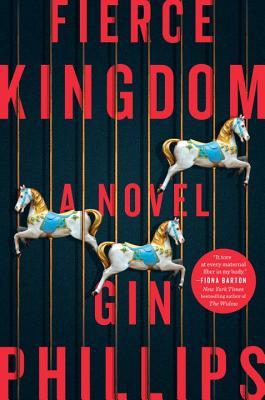Someone I know once compared a first draft to that stranger at the bar who looks a little better after every beer. If you don't look again in the cold harsh light of day, you'll never appreciate the bullet you just dodged.
One advantage of accumulating over 700 rejections (That's when I stopped counting) is that it gives you plenty of work in progress. When I published my first short story (I think it was my 23rd), I learned enough from it to go back and revise several of the others. Some of them have sold since then, but many didn't pass the sniff test.
I wrote twelve novels before I sold my first one, too. Three or four of those early attempts have undergone major surgery, since then, always for the better. Cherry Bomb, my second Zach Barnes novel in Connecticut, started as the second Woody Guthrie (He had a different name then) book set in Detroit. The last half of the book rocked, but the first half rolled over and almost died. Moving it to Connecticut solved a few problems immediately, but it took me six years to figure that out. Blood on The Tracks, the first Woody Guthrie novel, changed the character's name three times and had four different titles over the course of ten years and 112 rejections. The cold case surrounding the dead rock singer stayed constant, but the original story had a cozier concept that confused agents, and setting it in 1991 forced the action to stretch out over abut three months and dilute the tension.
This is stuff you learn only by doing it wrong and getting called out for it. Then you have to find your own way to fix it. That journey is a personal quest, but most people agree that you start with the major issues (Plot, structure, setting, character arc) and gradually zoom to smaller details: prose style; dialogue; backstory and description; spelling, punctuation, grammar.
I like revision because it's working with something you already have. You can't make a cake without flour and sugar and various other ingredients, and it's the same with a story. Even if it's a half-baked mess, you can add more ingredients or change the proportions and cook it a little more until you get lucky. The more you do it, the luckier you get, too.
One advantage of self-publishing is that you can go back to a WIP if you're not happy with it and not have other people screaming at you to hurry up. You can put it away and look at it again after time gives you more perspective. When you do come back, you're not as invested in it so killing your darlings won't upset you as much.
I never throw anything away (Flash drives are a wonderful invention) and I recycle stuff fairly often. The October 2017 issue of Sherlock Holmes Mystery Magazine features "Death by Water," which received its first rejection in 2009. My spread sheet says I sent out three different versions of that story before I got it right. Another story that first crossed the street in 2010 will appear in the May/June 2018 issue of Alfred Hitchcock Mystery Magazine. In 2005, I interviewed several people and did lots of research for a book that I thought would feature Woody Guthrie. I moved it to Connecticut in 2011, and discovered the plot didn't work. Several supporting characters worked perfectly for The Kids Are All Right in 2014. Postcards of the Hanging was my sixth-year project in grad school in 1980, and about 90% of what appeared in 2013 is what I wrote then, but re-sequenced with flashbacks to introduce the conflict earlier.
This week, Before You Accuse Me, the fourth Woody Guthrie novel, makes its debut. I first conceived of the story (Including the title, which never changed, a first for me) in 2004, but knew it was the fourth or fifth book because I had to develop the intervening backstory first. That took nearly 14 years, but about half of what I thought up back then remains and the rest is stronger for the time away. The biggest change is the move from San Francisco (which would have required LOTS of research) to Connecticut, where I live. That made geography easier to work with and allowed me to feature Hartford cops Trash & Byrne as supporting characters.
It never gets easier, but you get better.




























